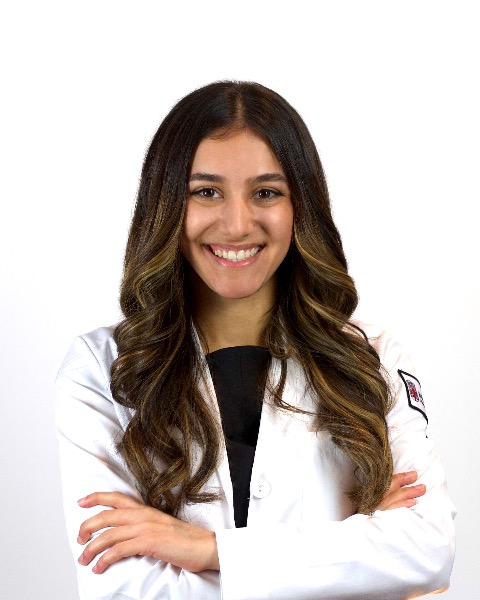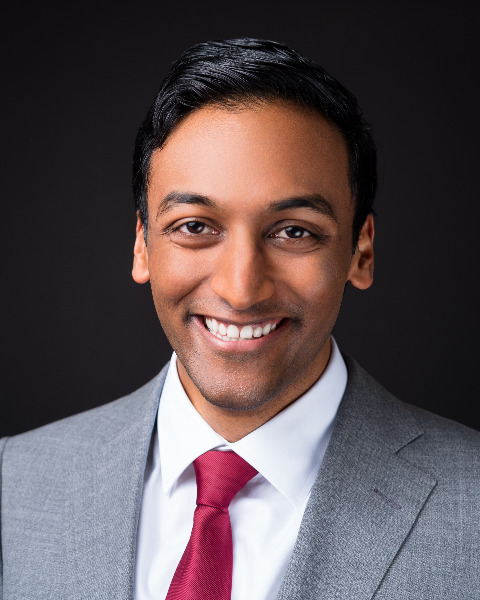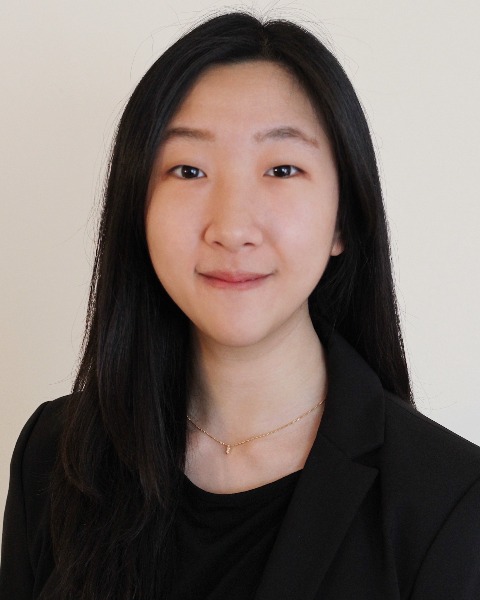Women's & Men's Health
Modern Search Analytics: What Are Patients Asking About Uterine Artery Embolization?

Amanda R. Laguna, BS
Medical Student
Warren Alpert Medical School of Brown University
Viknesh S. Kasthuri (he/him/his)
Medical Student
Warren Alpert Medical School of Brown UniversityDisclosure(s): No financial relationships to disclose

Nicole J. Kim
Medical Student
The Warren Alpert Medical School of Brown University
Jessica Yoon, MD, MBA (she/her/hers)
Resident
Brown University / Rhode Island Hospital- SA
Sun-Ho Ahn, MD
Associate Professor
Warren Alpert Medical School of Brown University
Author/Co-author(s)
Presenting Author(s)
Author/Co-author(s)
Patients considering elective medical procedures such as uterine artery embolization (UAE) often turn to search engines. For each search term, Google distills frequently asked questions and links users to websites with answers. The purpose of this study is to characterize this data for UAE, a condition with a relatively younger (and perhaps more technologically literate) patient population, which may improve patient counseling and awareness.
Materials and Methods:
SearchResponse.io is a commercially available marketing database that has scraped the “People Also Ask” section of Google for questions, links, and popularity. For UAE, the database was queried for “UFE”, “uterine artery embolization”, and “uterine fibroid embolization”. Using established methods in the literature {1}, questions were categorized using Rothwell’s classification (Fact, Policy, Value), and further divided into subcategories (Fact: Specific Activities & Restrictions, Recovery, Technical Details, Cost, Condition Details; Policy: Indications, Management of Risks & Complications; Value: Pain, Evaluation of Symptoms, Evaluation of Intervention). Websites were classified into five categories (Commercial, Academic, Medical Practice, Government, and Social Media). JAMA Benchmark scores {2} were determined for all websites linked to assess credibility. Two reviewers performed the classification; a third reviewer resolved discrepancies.
Results:
170 questions were extracted from 87 unique links at 54 unique domains. The most popular subcategories were recovery (45, 26.4%), evaluation of intervention (34, 20%), technical details (34, 20%), cost (19, 11.1%), specific activities & restrictions (15, 8.8%), pain (12, 7.1%), indications (6, 3.5%), condition details (4, 2.4%), evaluation of symptoms (1, 0.6%). The most common website types were academic (72, 42.4%), medical practice (45, 26.5%), government (33, 19.4%), commercial (15, 8.8%), social media (5, 2.9%). JAMA scores (0-4) were highest for government websites (mean score = 3.64), followed by commercial (2.33), academic (2.31), social media (2.0), and medical practice (1.89).
Conclusion:
Patients searching for UAE online were most interested in UAE recovery, value of UAE, and technical details. This may reflect the major appeal of UAE's minimally invasive nature. While > 68% of websites linked to academic centers and medical practices, their associated JAMA benchmark scores were among the lowest. Accurate patient-facing information of UAE resources must be developed to empower patients to choose their optimal medical treatment.

.png)
.png)
.png)
.jpg)
.jpg)
.jpg)
.png)
.png)
.png)